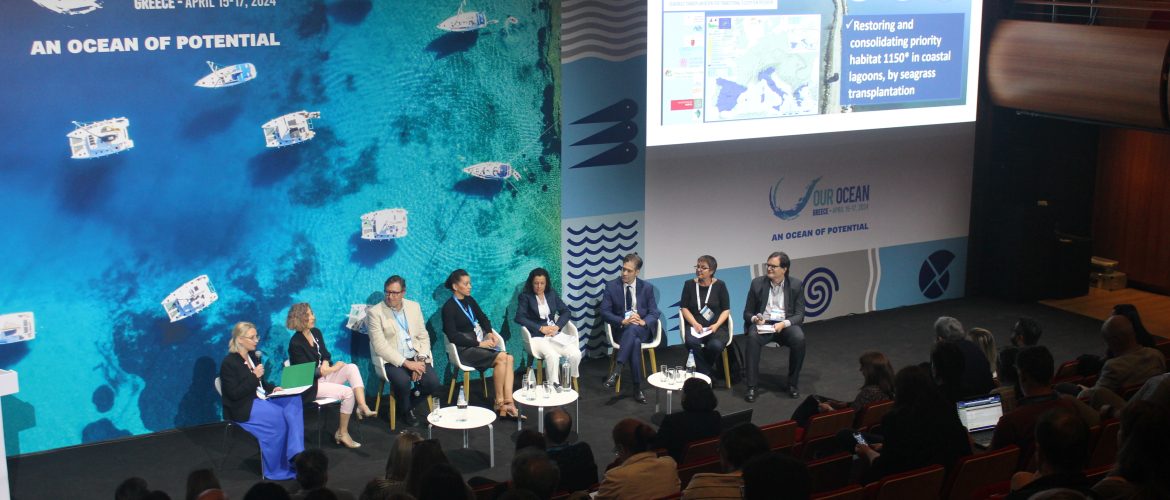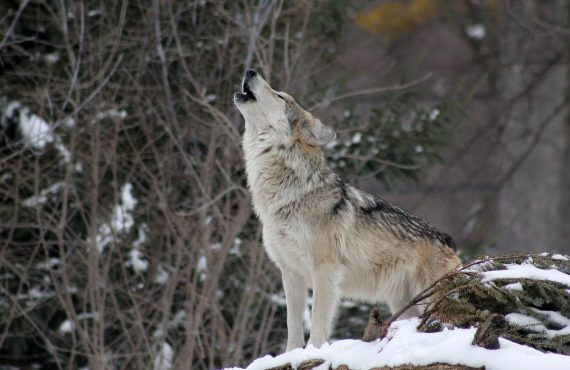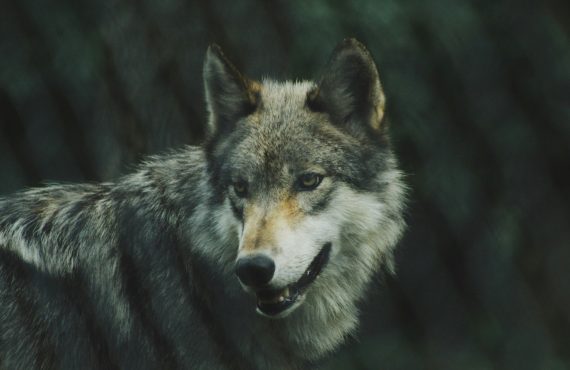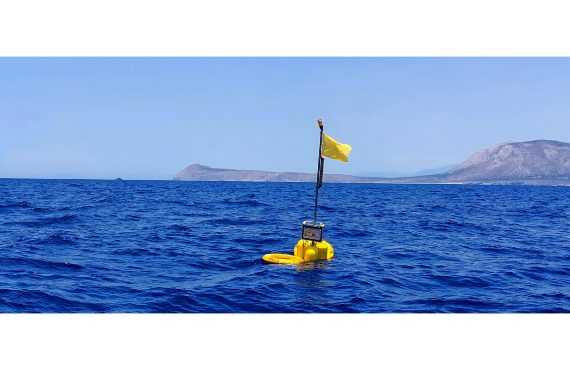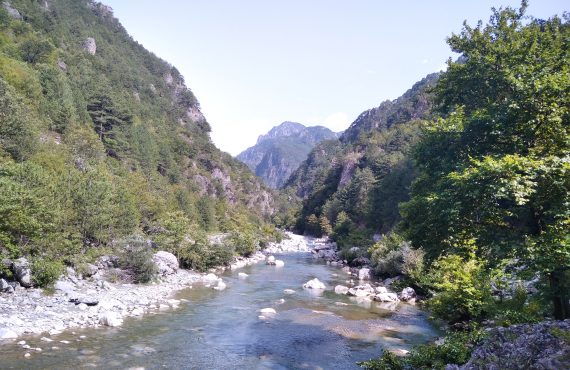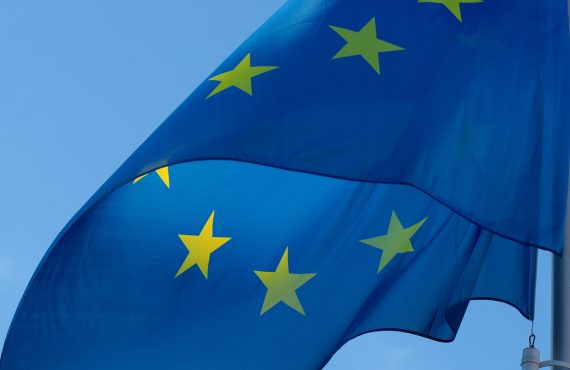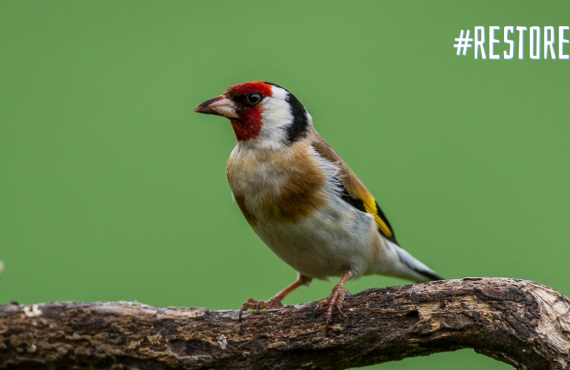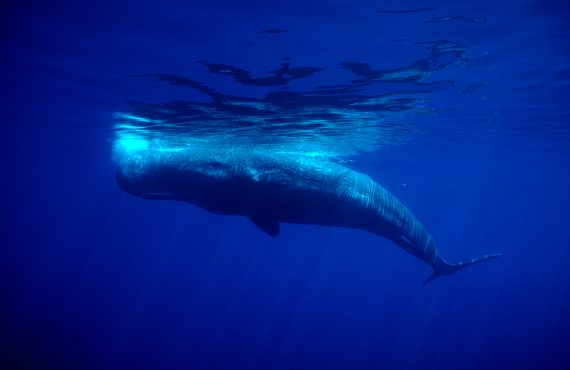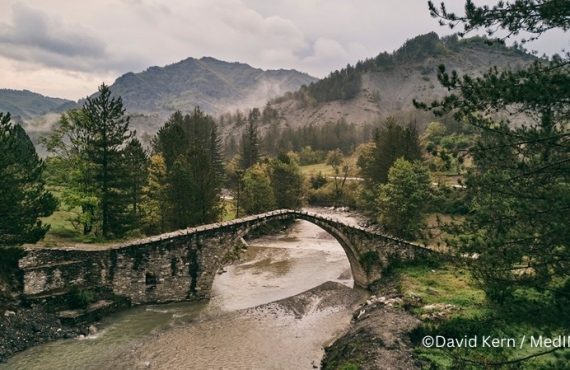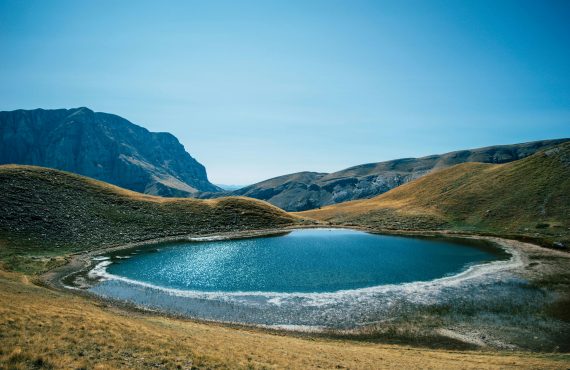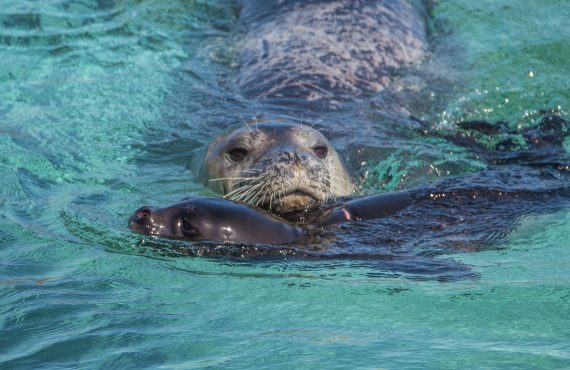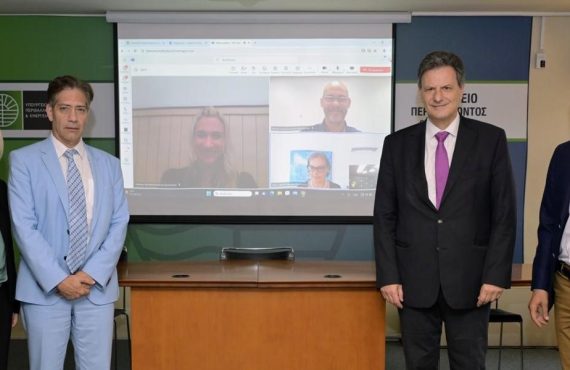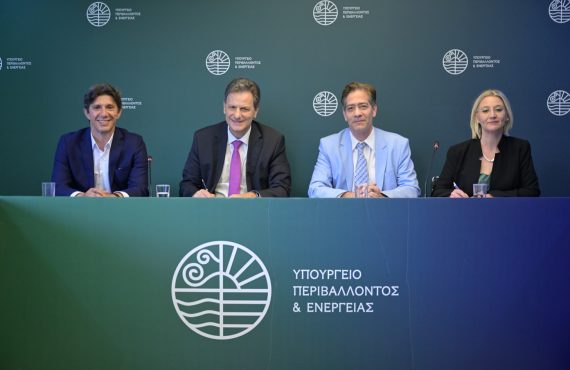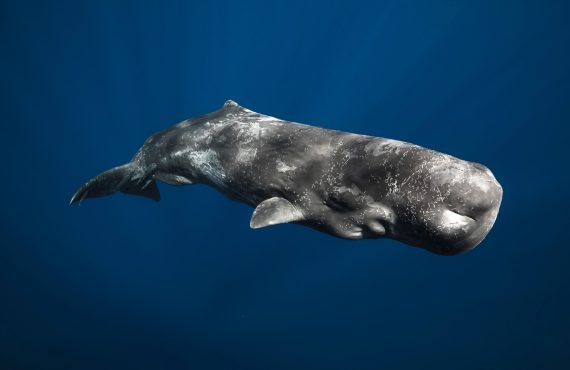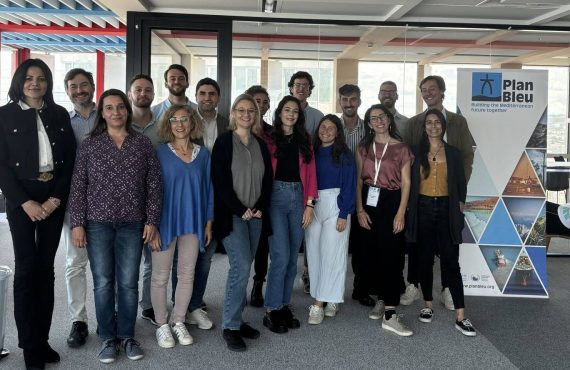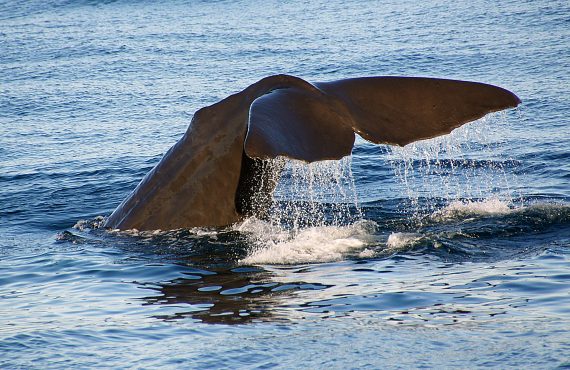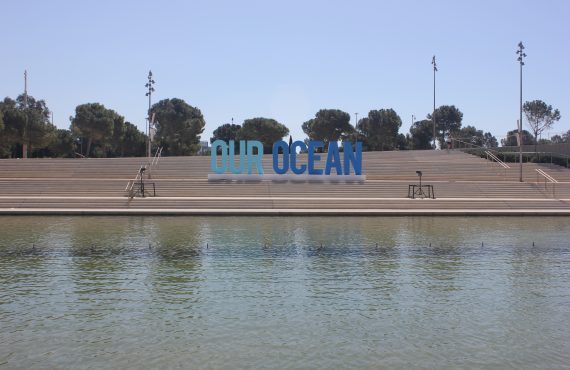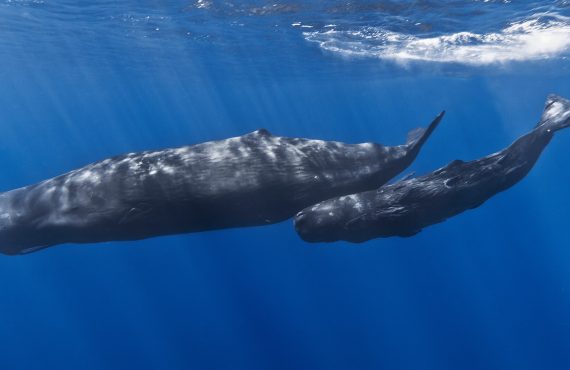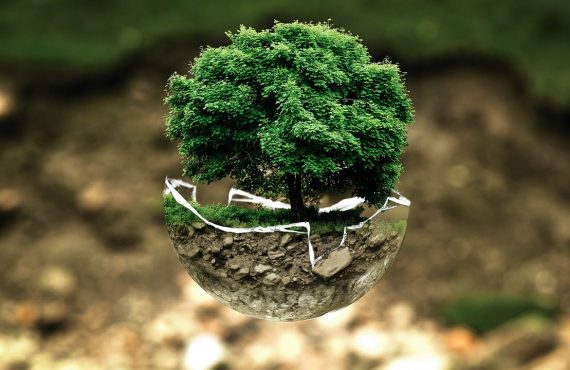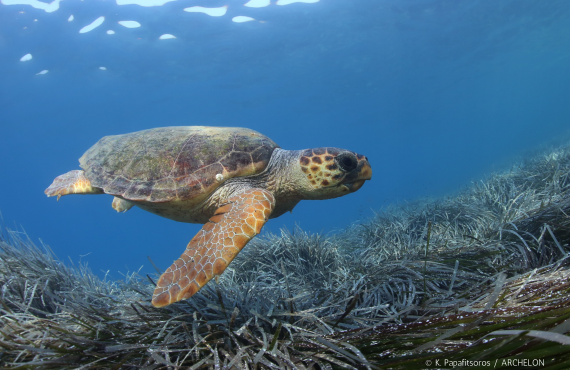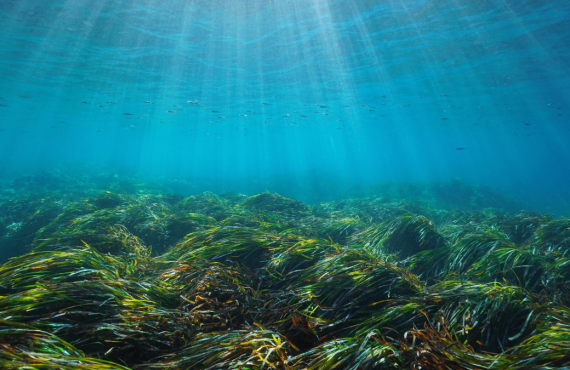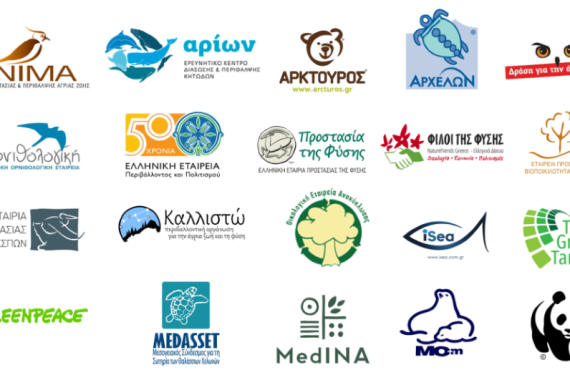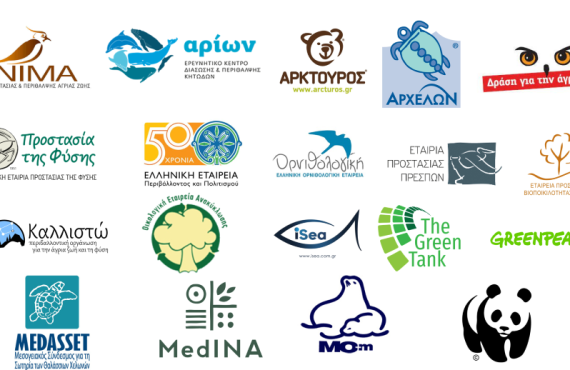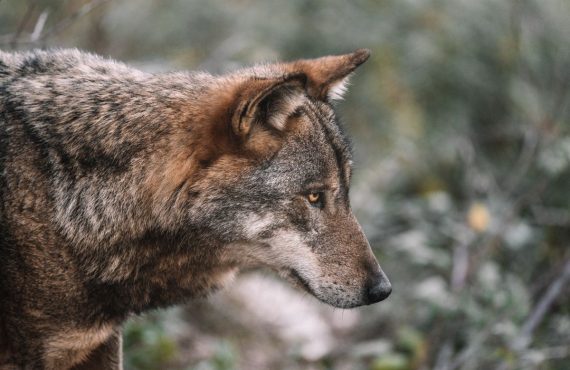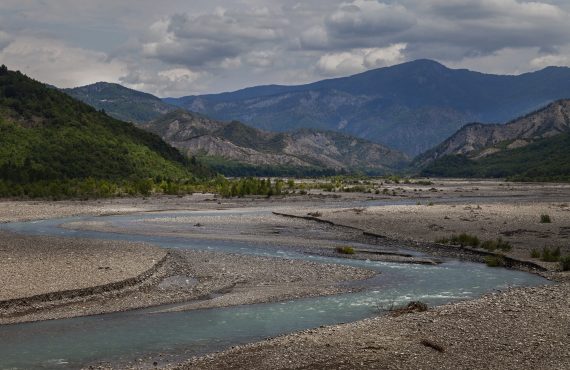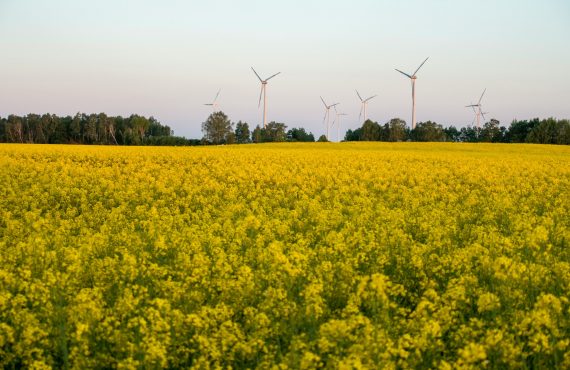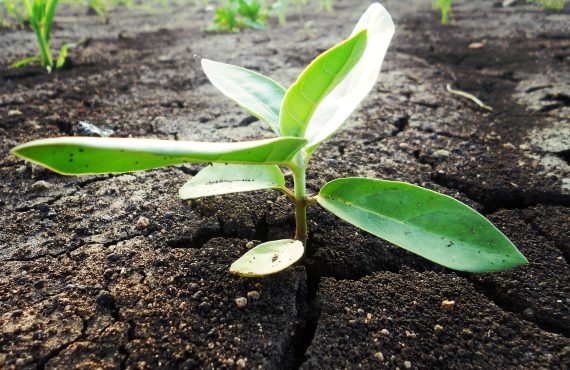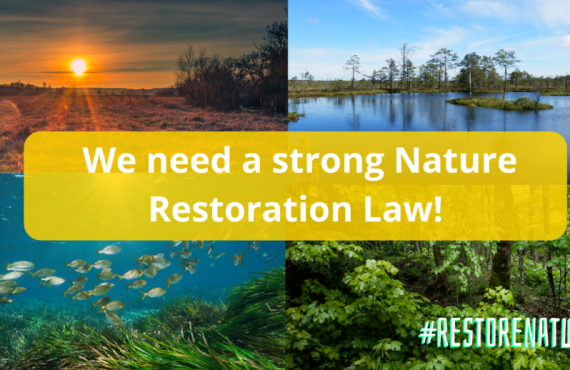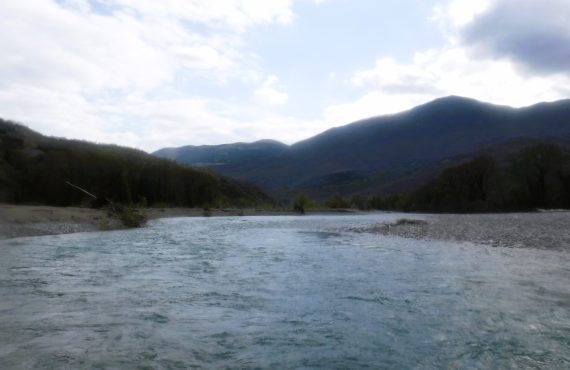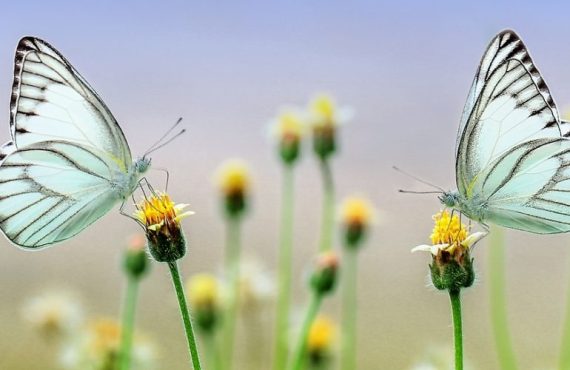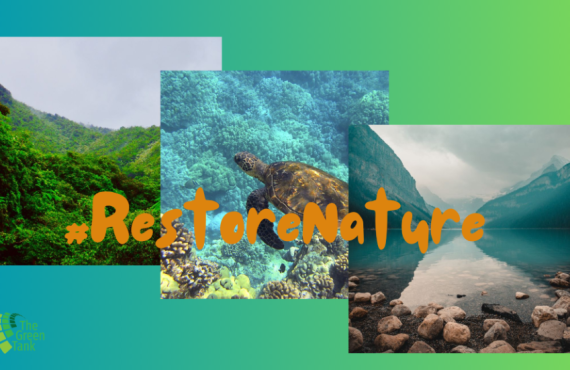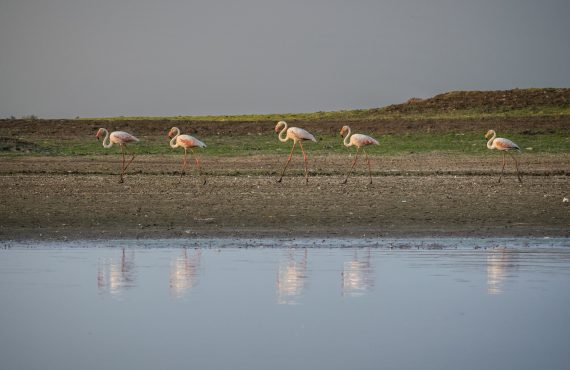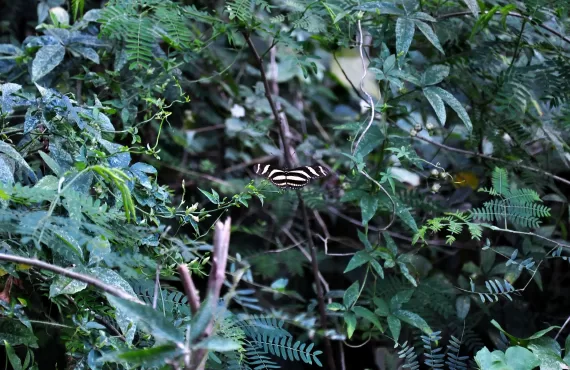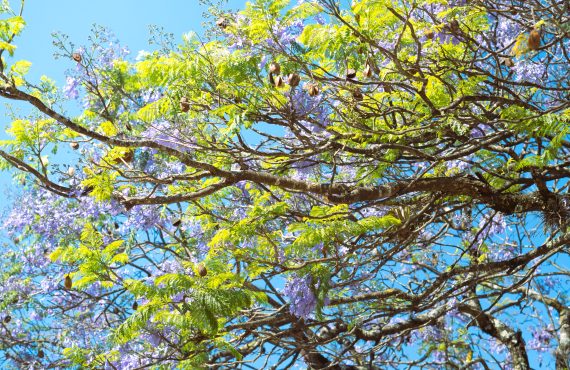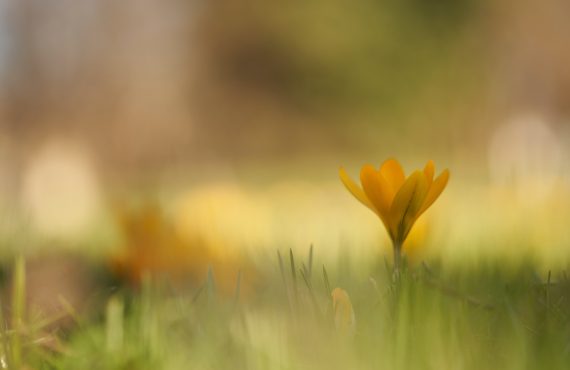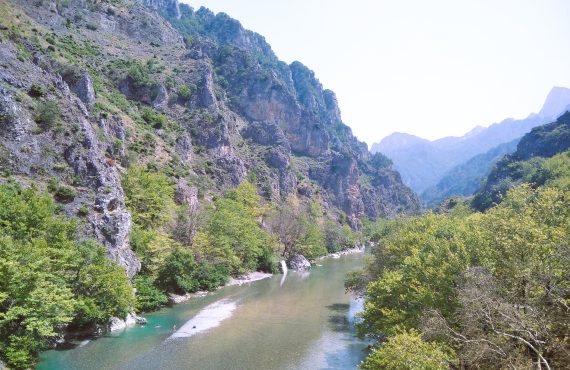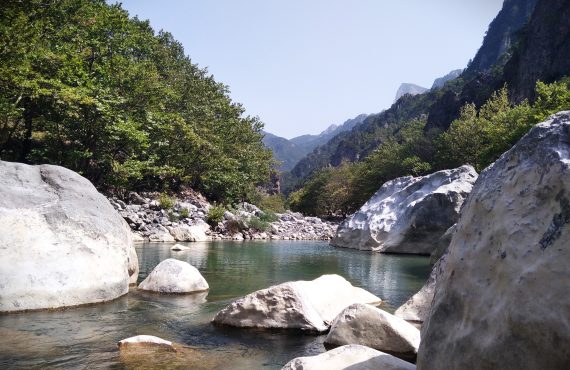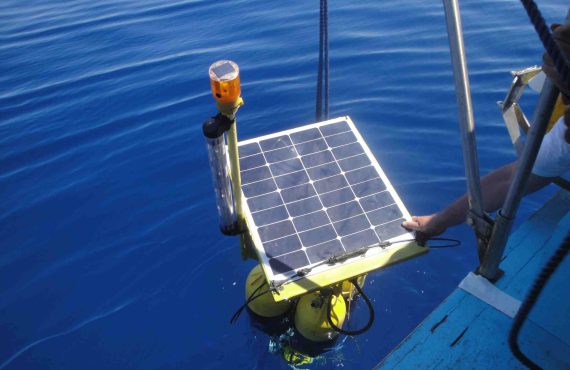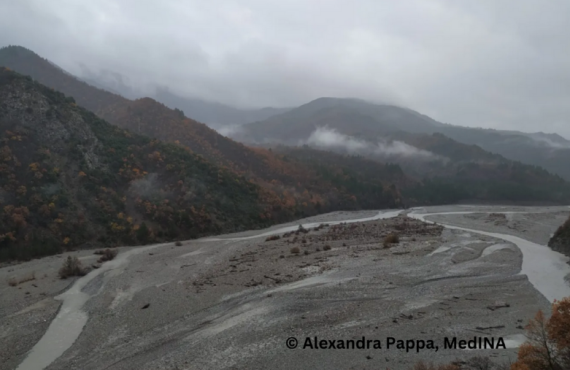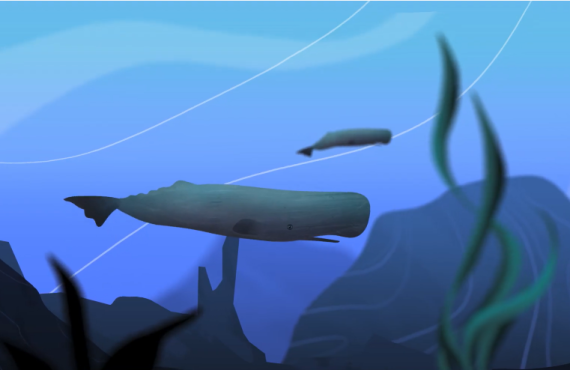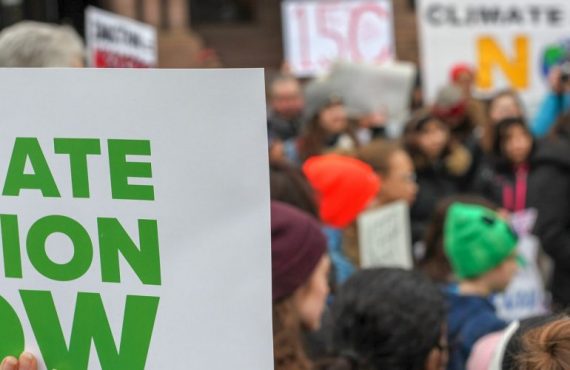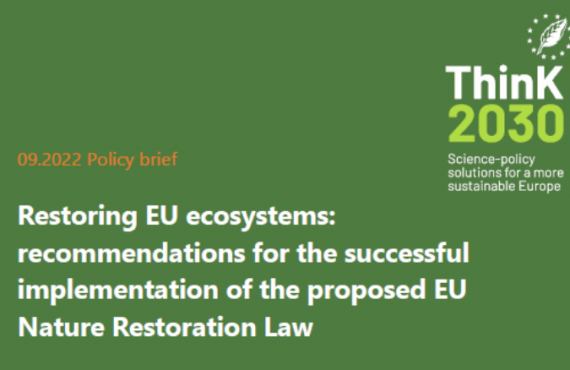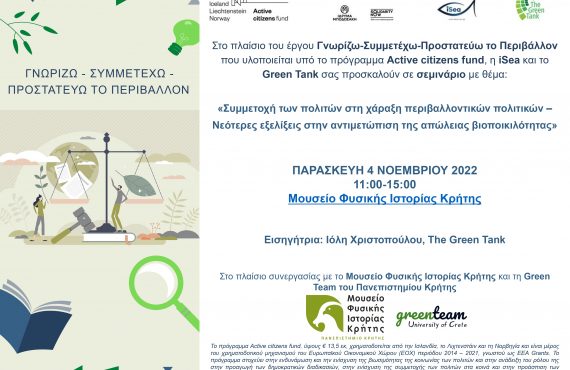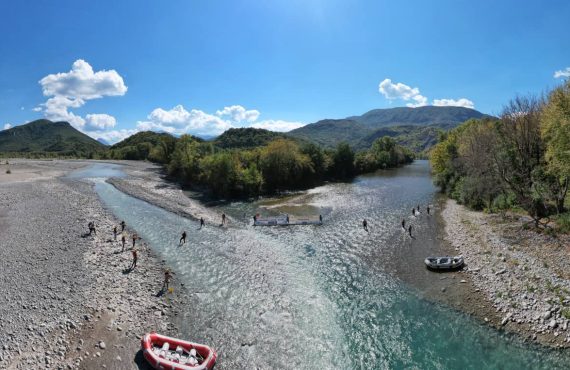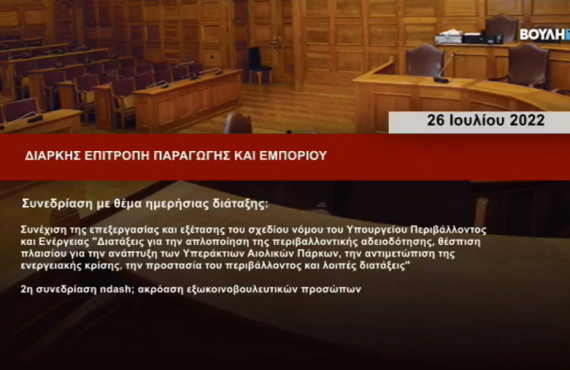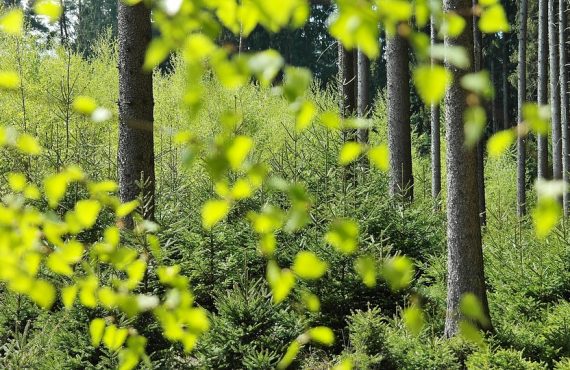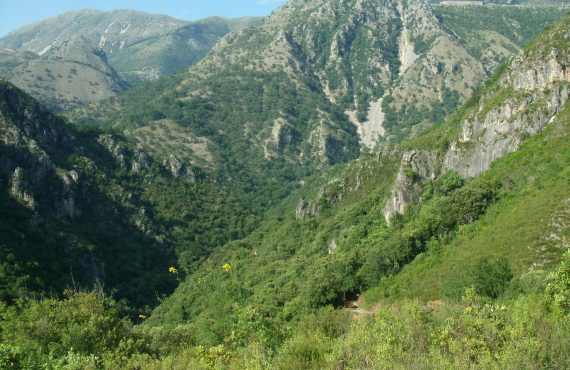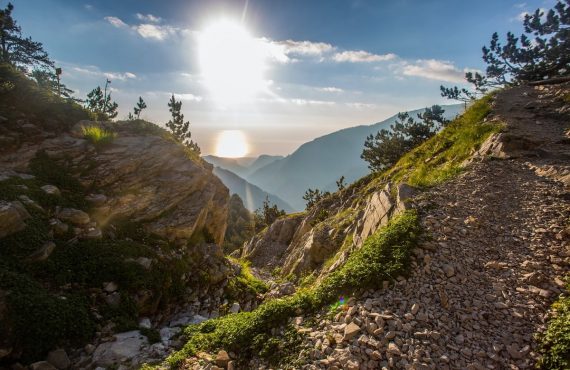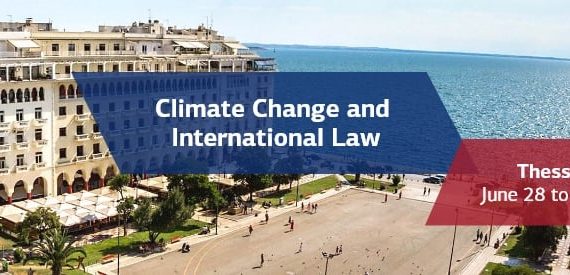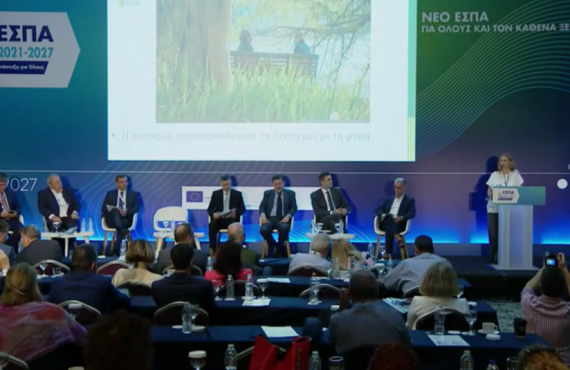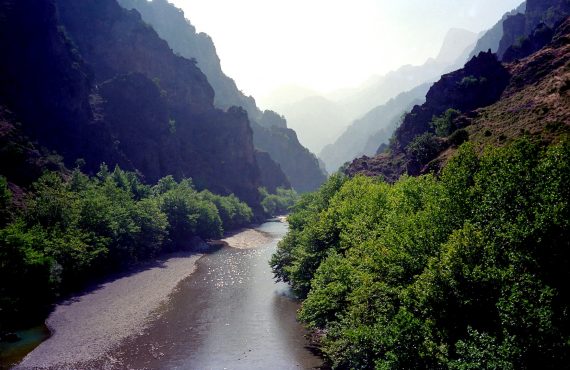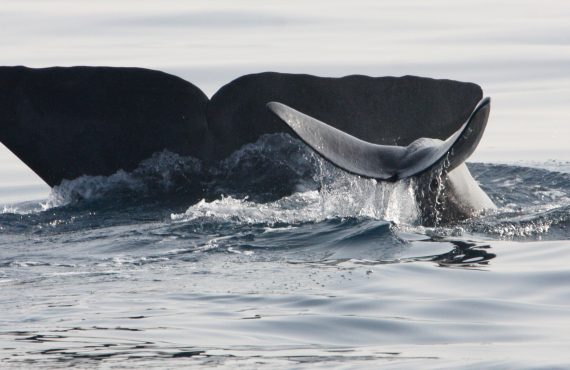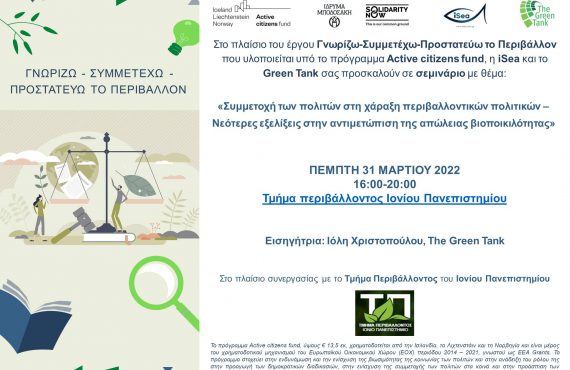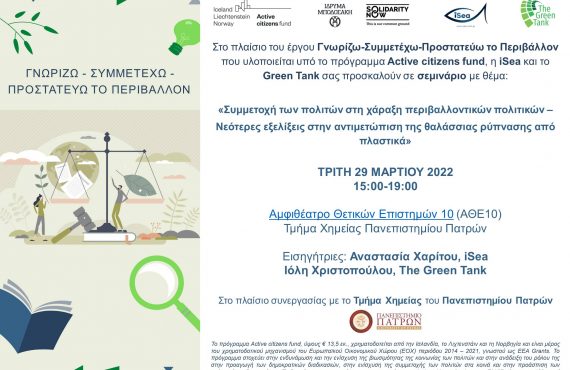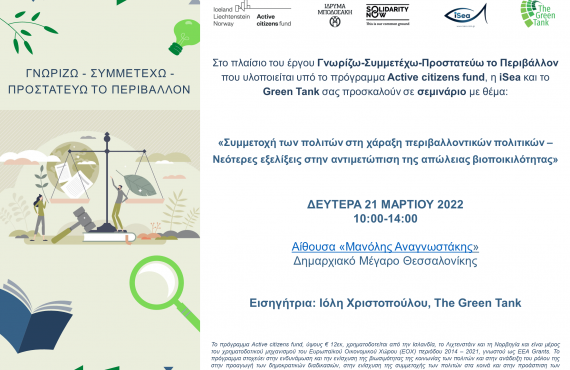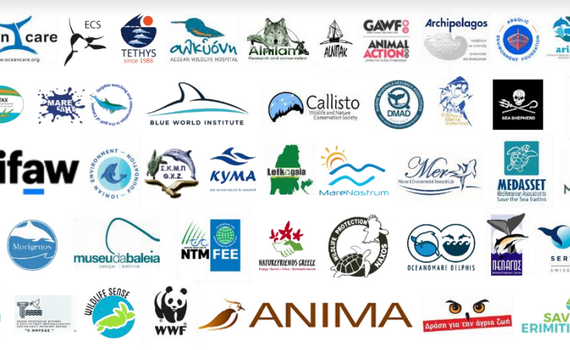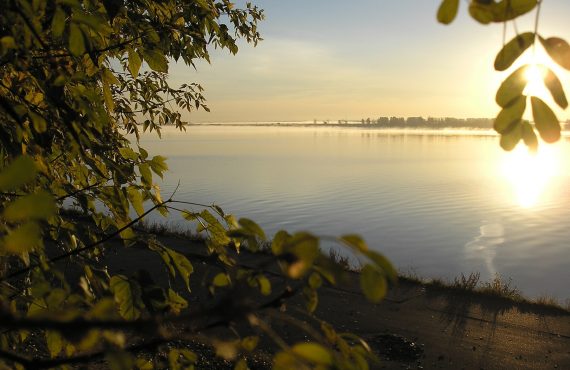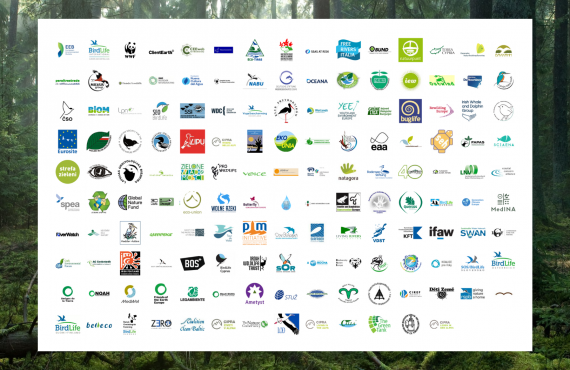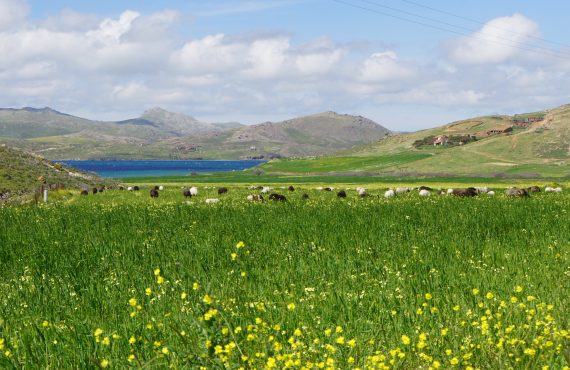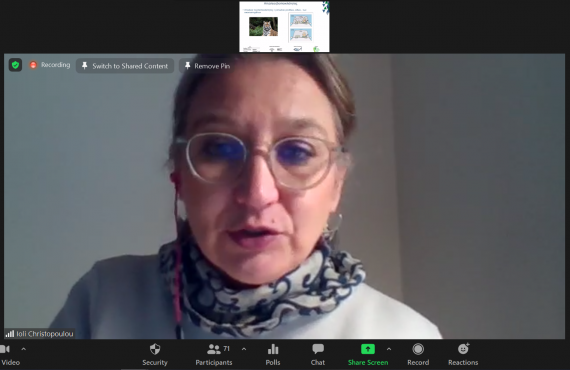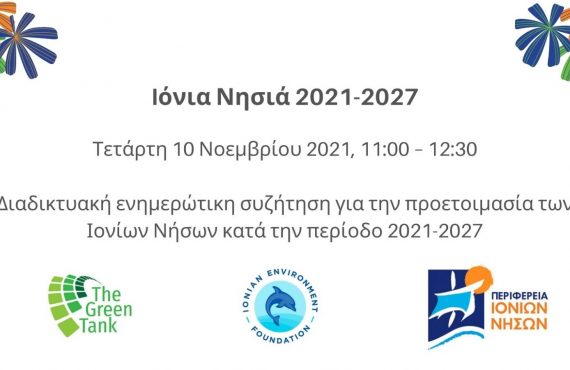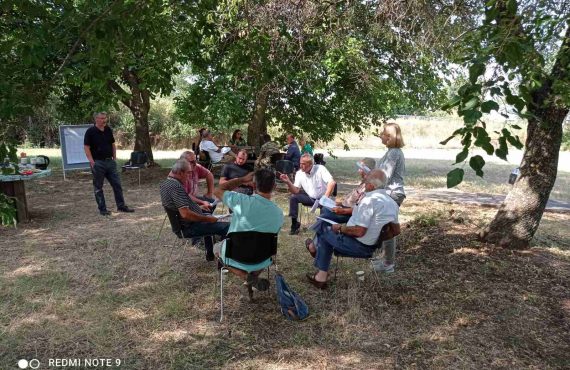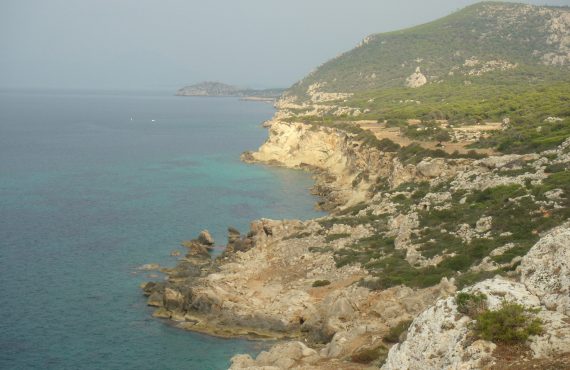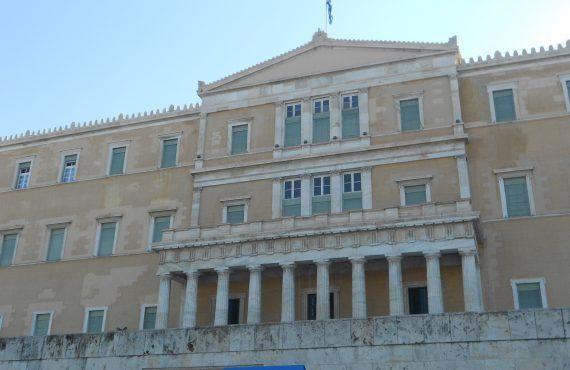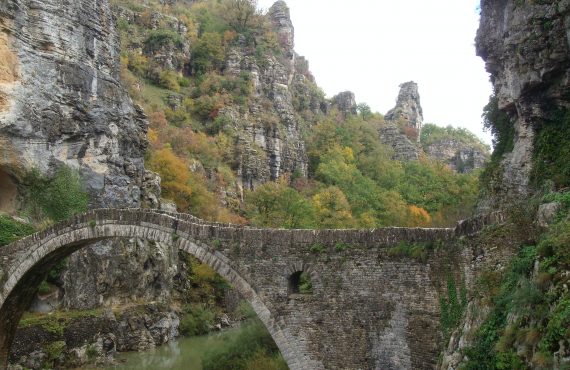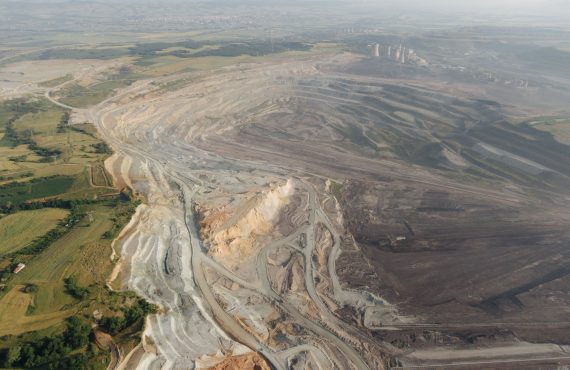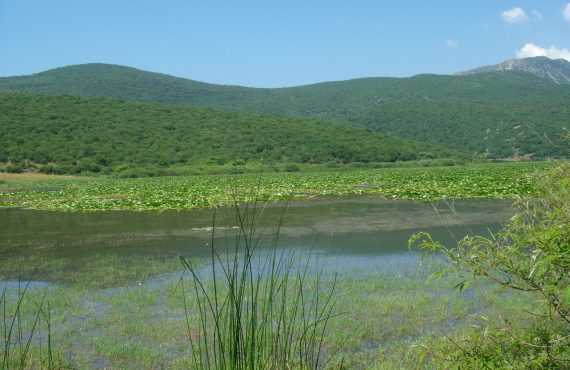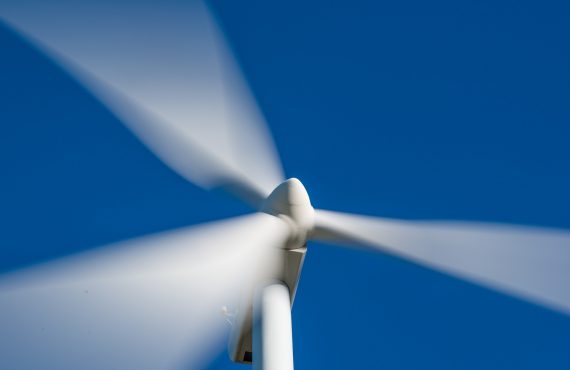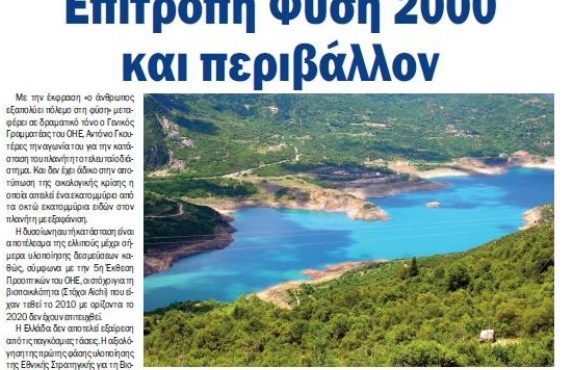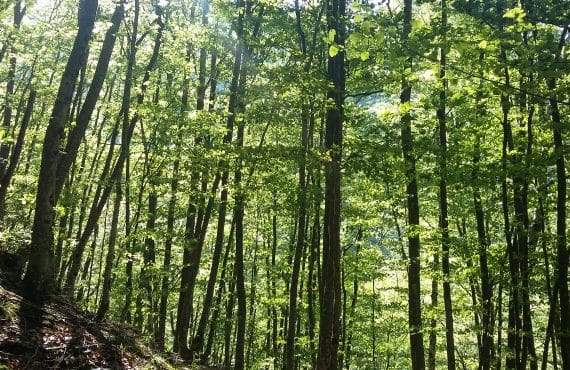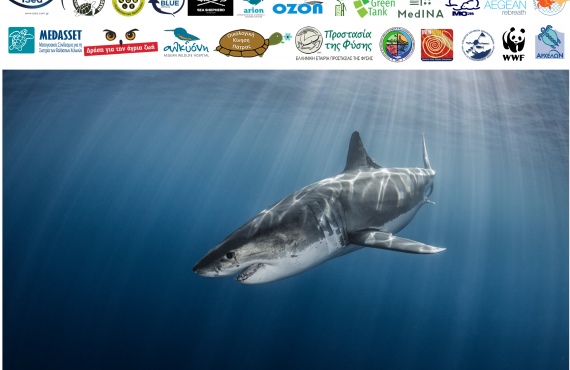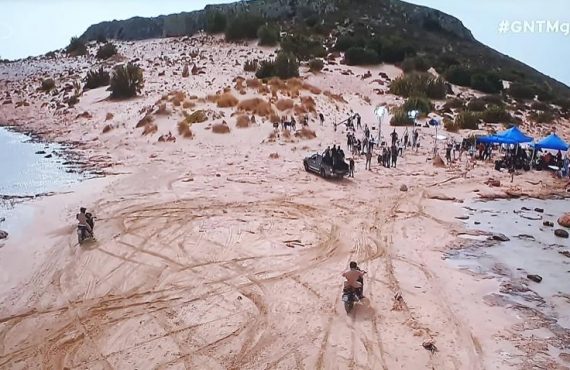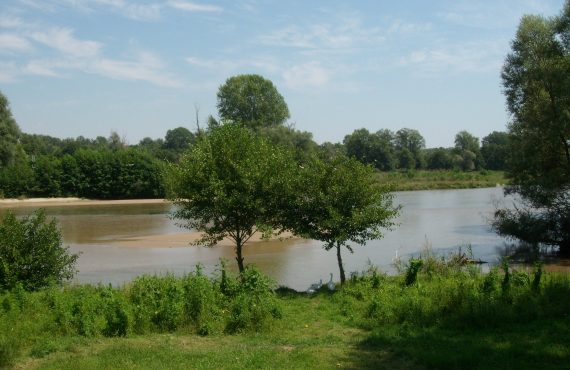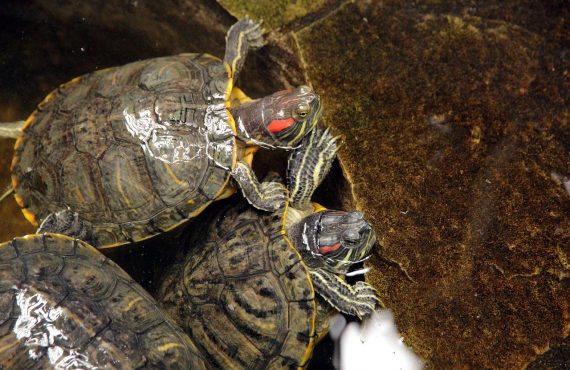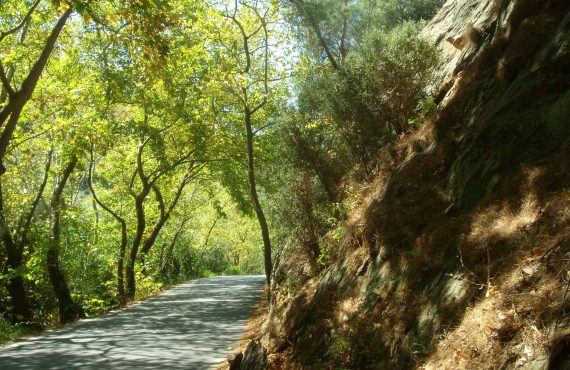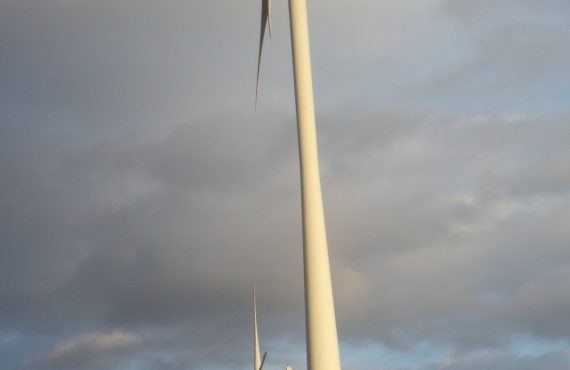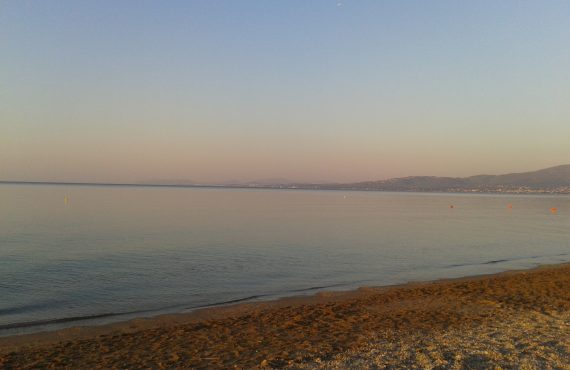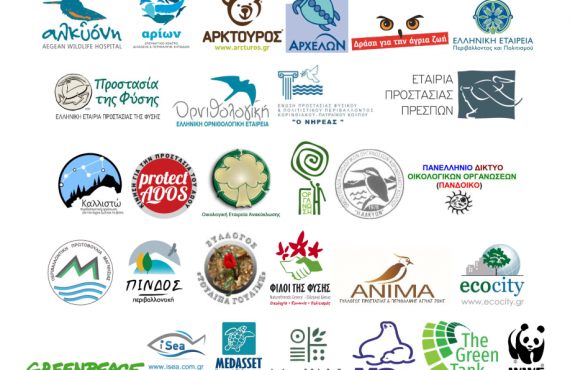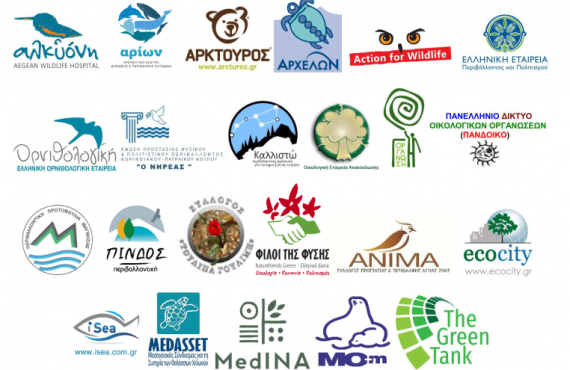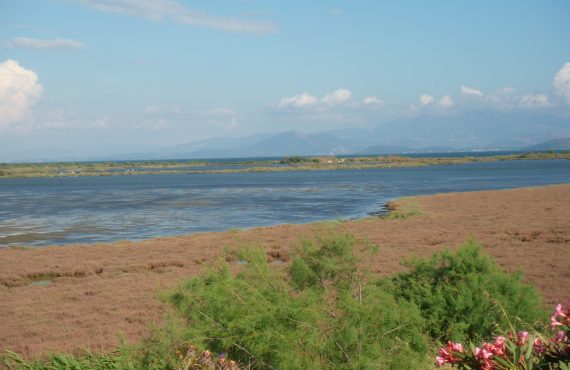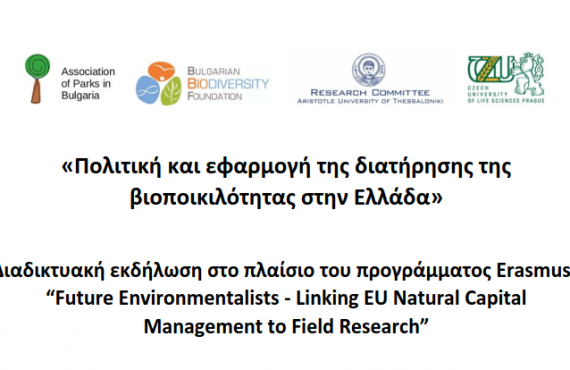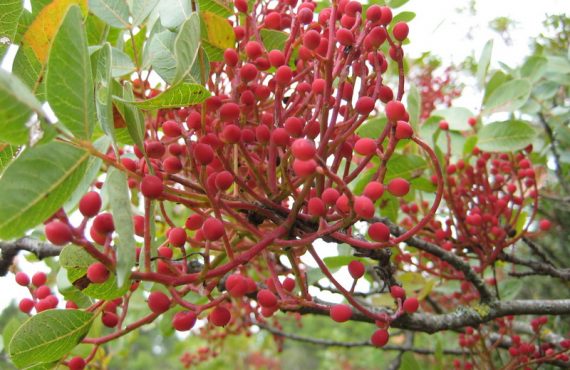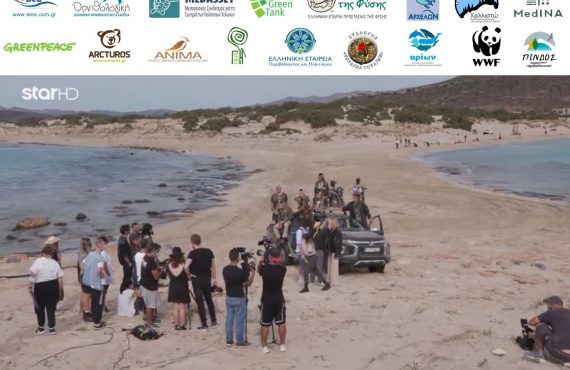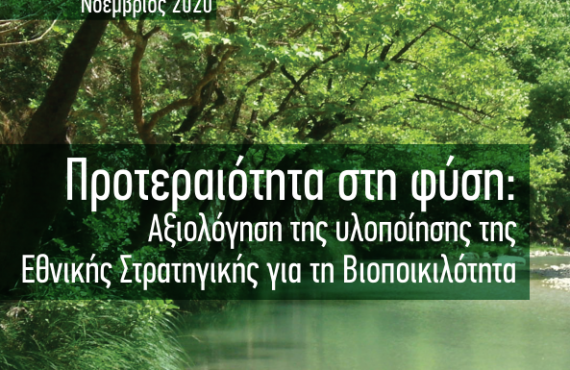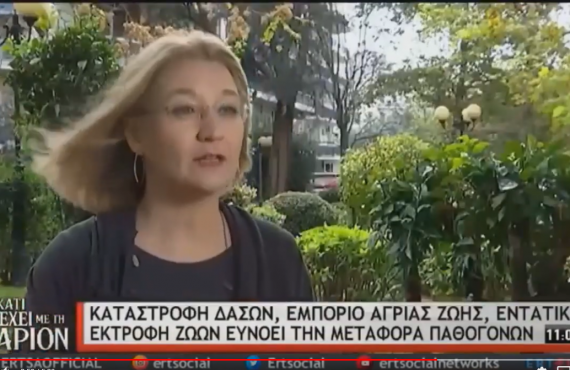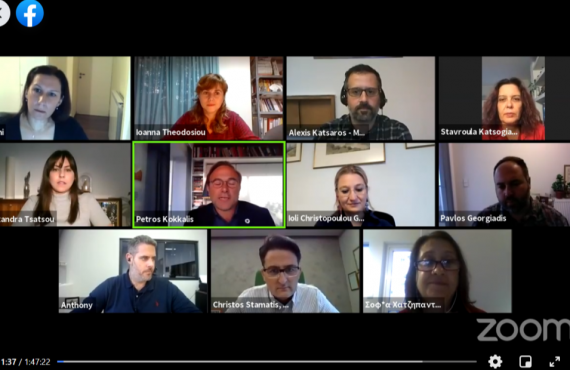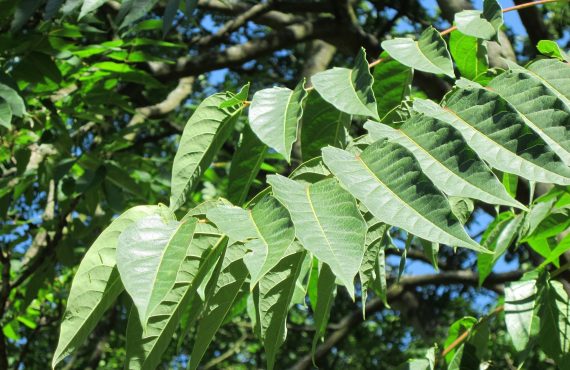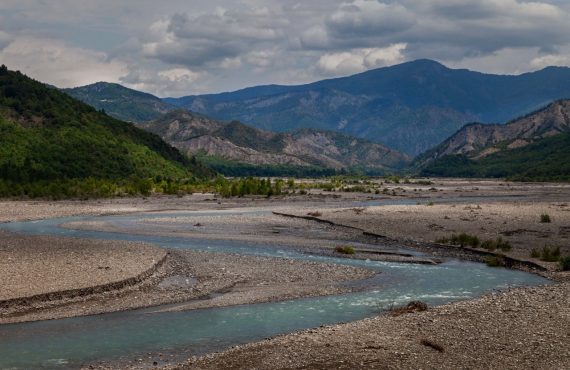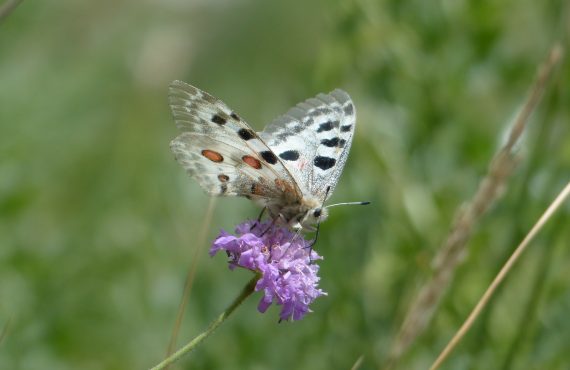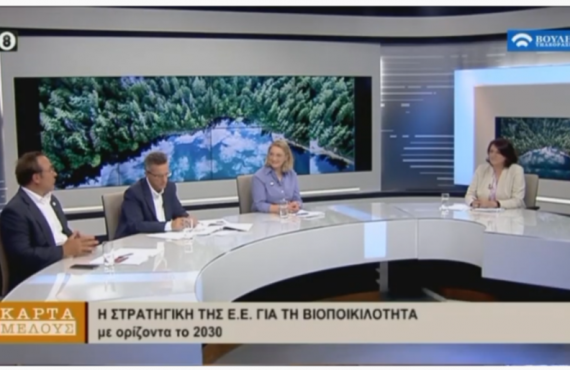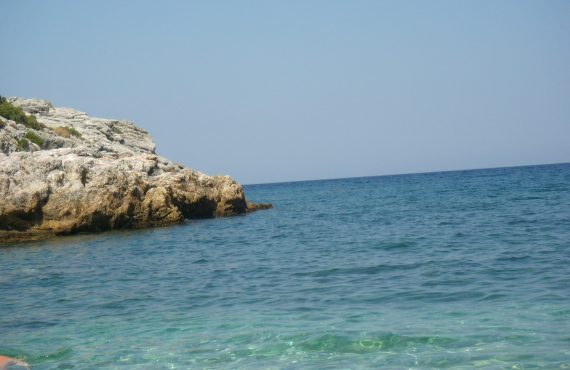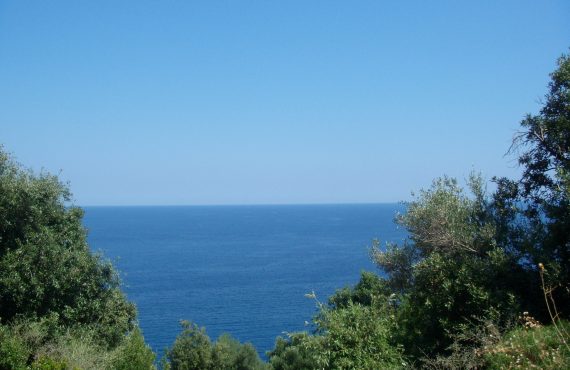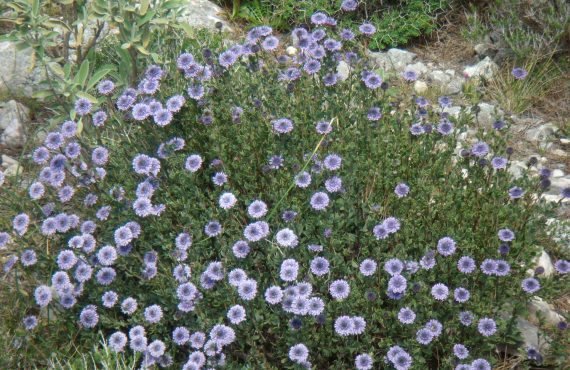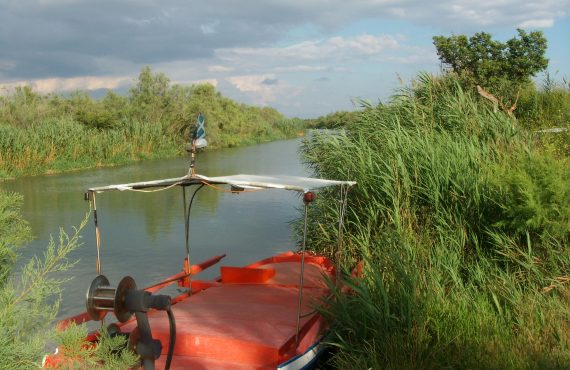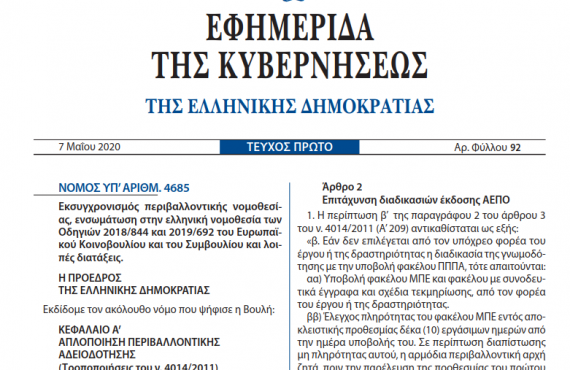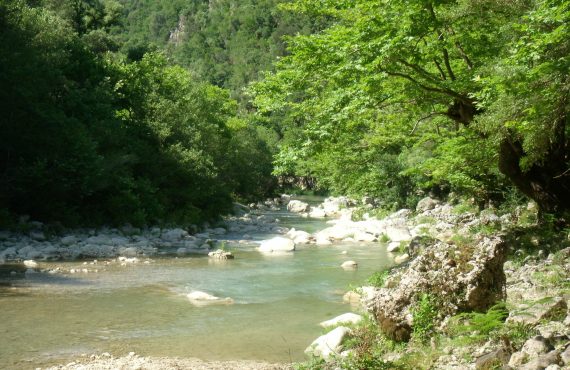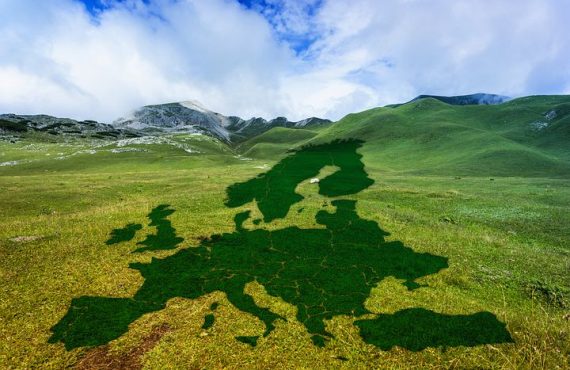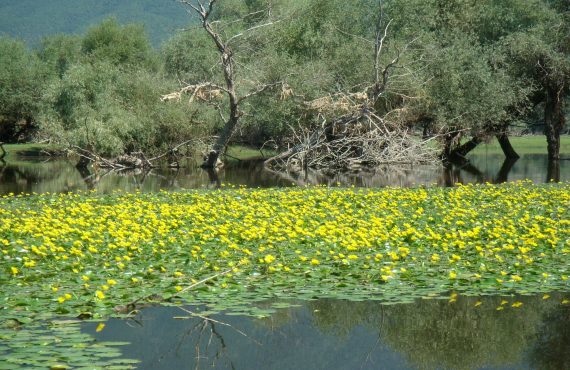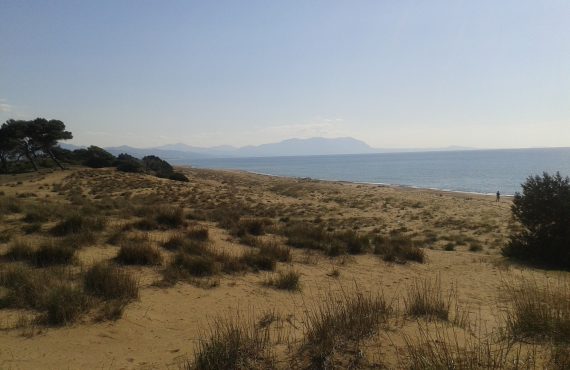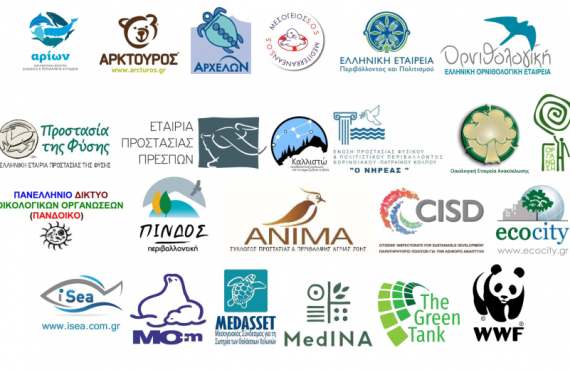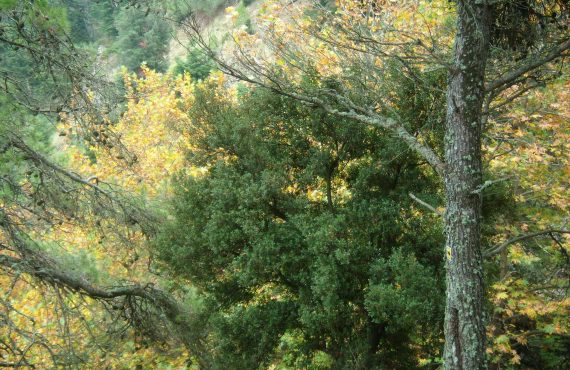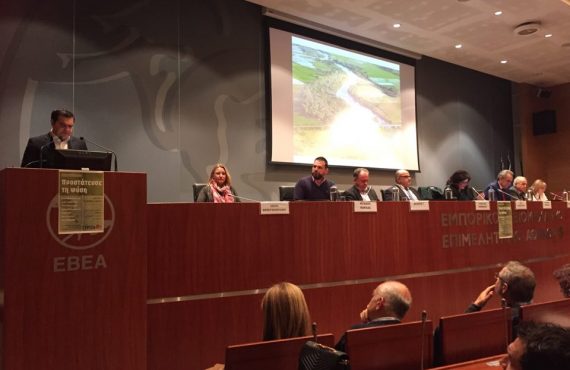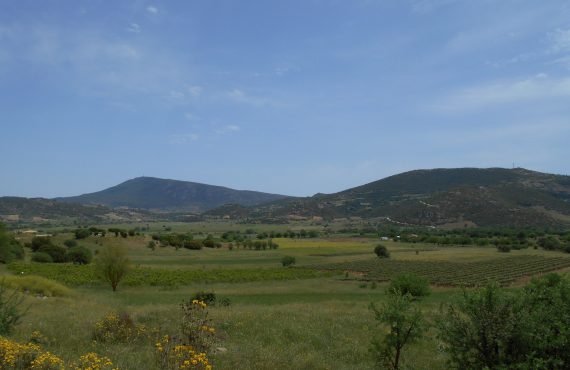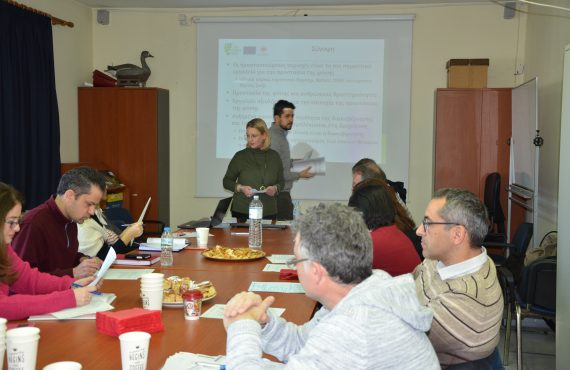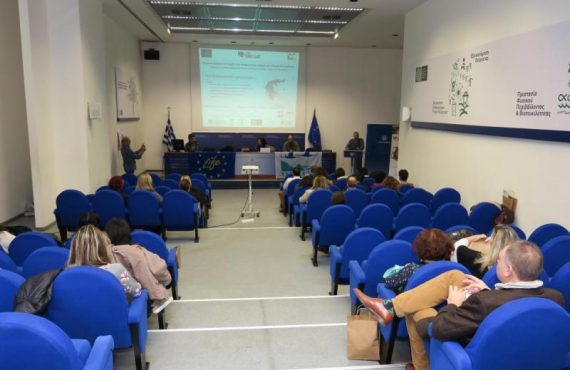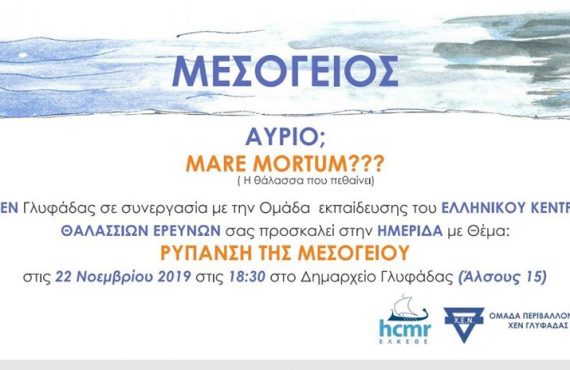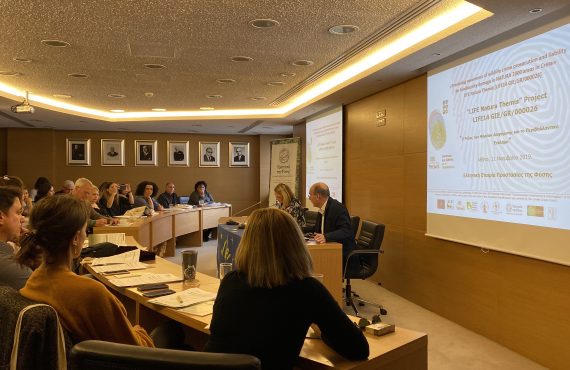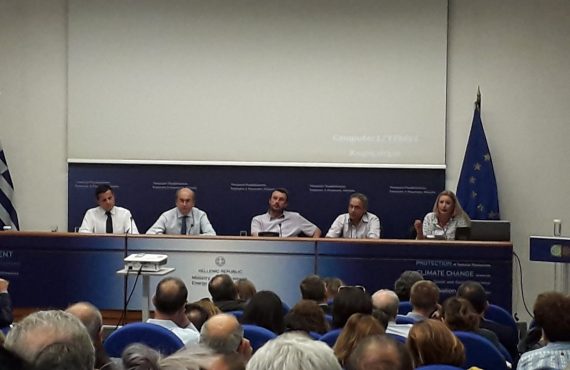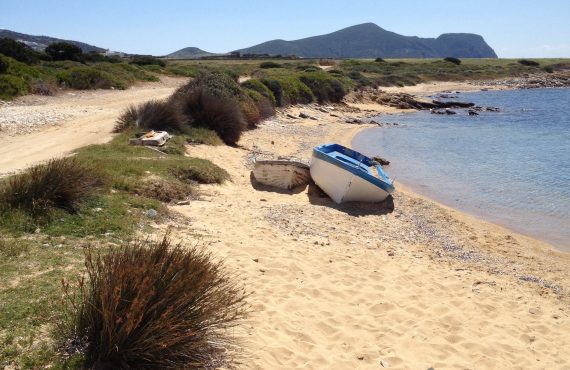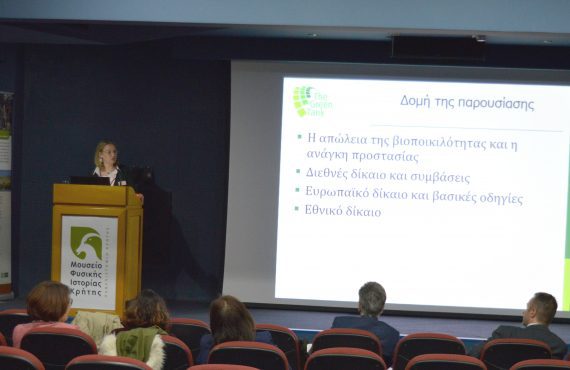Scientists, policy makers and non-governmental organizations were part of an Our Ocean Conference side event and discussed the benefits of Blue Carbon Coastal Ecosystems in the fight against the climate crisis. The event was organized by the Institute of Oceanography of the Hellenic Centre for Marine Research (HCMR) in collaboration with The Green Tank, the National Technical University of Athens, the University of Crete and the Goulandris Natural History Museum/Hellenic Wetland Biotope Centre.
In search of solutions to combat the climate crisis, an unexpected ally of the planet that lies near or in the sea rises up to the challenge. Coastal Blue Carbon Ecosystems [CBCEs], such as Neptune Seagrass meadows, are increasingly recognized as a natural process that makes a significant contribution to our mitigation and adaptation to climate change and to the achievement of climate goals. How? By sequestering carbon and thereby offsetting emissions, while at the same time enhancing biodiversity and ecosystem resilience at local level. Yet these precious ecosystems already face multiple threats, such as anchoring and pollution, while they are also suffering the devastating effects of the climate crisis, which reduces their precious capacity to accumulate carbon.
In an attempt to strengthen the dialogue between science and policy makers on the benefits of coastal blue carbon ecosystems and the need for their adequate protection, Dr. Eugenia Apostolaki (Senior Researcher) in collaboration with Dr. Sophia Reizopoulou (Research Director), Dr. Vassilis Gerakaris (Postdoctoral Researcher) and Dr. Maria Salomidi (Senior Researcher) from the Institute of Oceanography of the Hellenic Centre for Marine Research (HCMR), along with Ioli Christopoulou (Policy Director and Co-founder), the Green Tank, Dr. Ioannis Sempos (Scientific officer in charge of the national greenhouse gas inventory), National Techniocal University of Athens, Prof. Ioannis Karakasis from the University of Crete and Dr. Vassiliki Tsaousi from the Goulandris Natural History Museum/Hellenic Wetland Biotope Centre, co-organized a side event titled “Blue carbon – the potential of coastal vegetated ecosystems in responding to the climate and biodiversity crisis” during the 9th Our Ocean Conference, held in Athens.
The panel featured Prof. Carlos M. Duarte, King Abdullah University of Science and Technology, Saudi Arabia, Dr. Minna Epps, Head, IUCN Ocean, Dr. Rosa Maria Roman-Cuesta, LULUCF Group, Joint Research Centre of the European Commission and Dr. Petros Varelidis, Secretary General for Natural Environment and Water, Ministry of Environment and Energy.
Ioli Christopoulou was the moderator of the side event.
Τhe common ground of the discussion was the need to link scientific knowledge to policy-making both on climate crisis and on conservation and restoration of nature. Particular emphasis was placed on the significant progress in research in recent years, which has brought the climate benefits of coastal blue carbon ecosystems to the forefront.
Regarding the role of institutional establishment, the discussion focused on the integration of coastal blue carbon ecosystems into national greenhouse gas inventories. This is a process that presents significant challenges, including delineating the areas to be included and recording both ecosystem alterations and the effects of systematic conservation and/or restoration actions.
Specifically for Greece, it was noted that it is the first Member State that adopted in 2023 legally binding targets for nature protection and restoration with a 2030 horizon, which also include coastal blue carbon ecosystems. Similarly, the possibility of using them as a natural carbon storage for climate crisis mitigation is included in the Greek National Climate Law.
In this context, the use of available scientific data from the HCMR, along with the continuous effort to enrich them, was mentioned, so that coastal blue carbon ecosystems are included in the national report of Greece as carbon repositories. Furthermore, the possibility of integrating blue carbon ecosystems into the new carbon credit market planned to operate in Greece for forests was not ruled out.
Greece’s commitment to increase its marine protected areas by 2030 is also considered a positive step towards this effort.
As far as the challenge of financing for coastal blue carbon ecosystems’ projects is concerned, experience to date confirms that uniform strategies are needed to develop sustainable financing instruments that ensure the benefits of these ecosystems for both climate crisis mitigation and adaptation, as well as for nature in general and local communities.
You can watch the discussion on YouTube.
The side event was held on 17/04/2024, as part of the discussion “Achieving marine and coastal resilience in the context of climate change: Challenges and solutions”.
—
Note:
- HCMR’s Institute of Oceanography and The Green Tank are among the partners of the ARTEMIS project, running from January 2024 to June 2026, with the aim to improve the restoration techniques of Posidonia seagrass meadows, develop financial solutions and integrate them into policy making and investment decisions. More information is available here.



